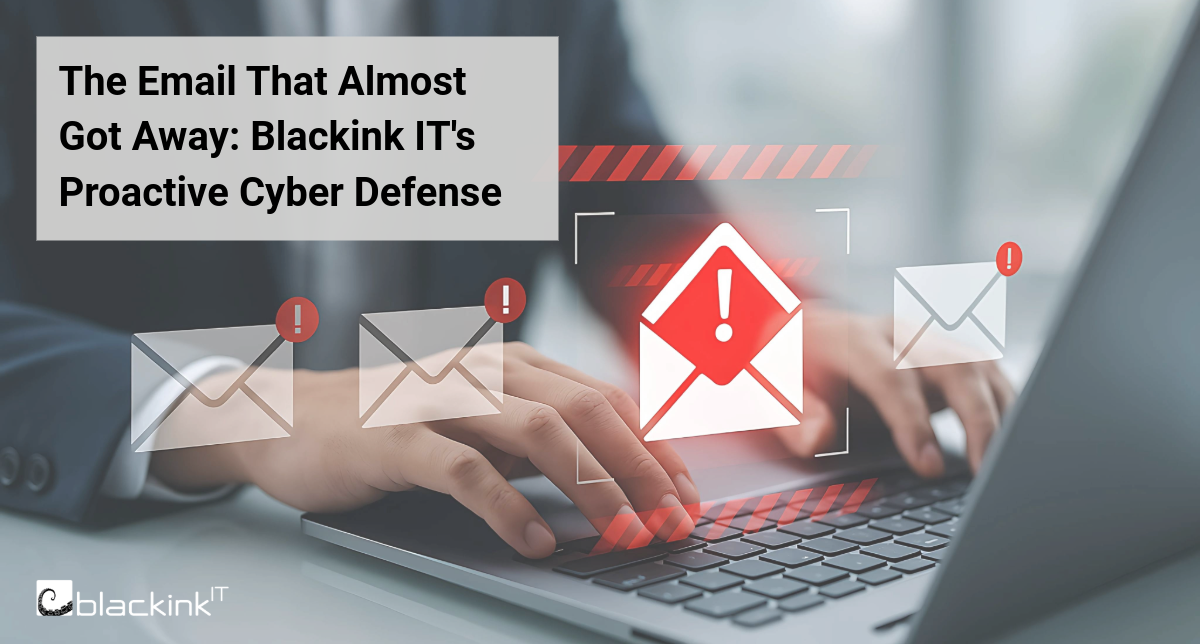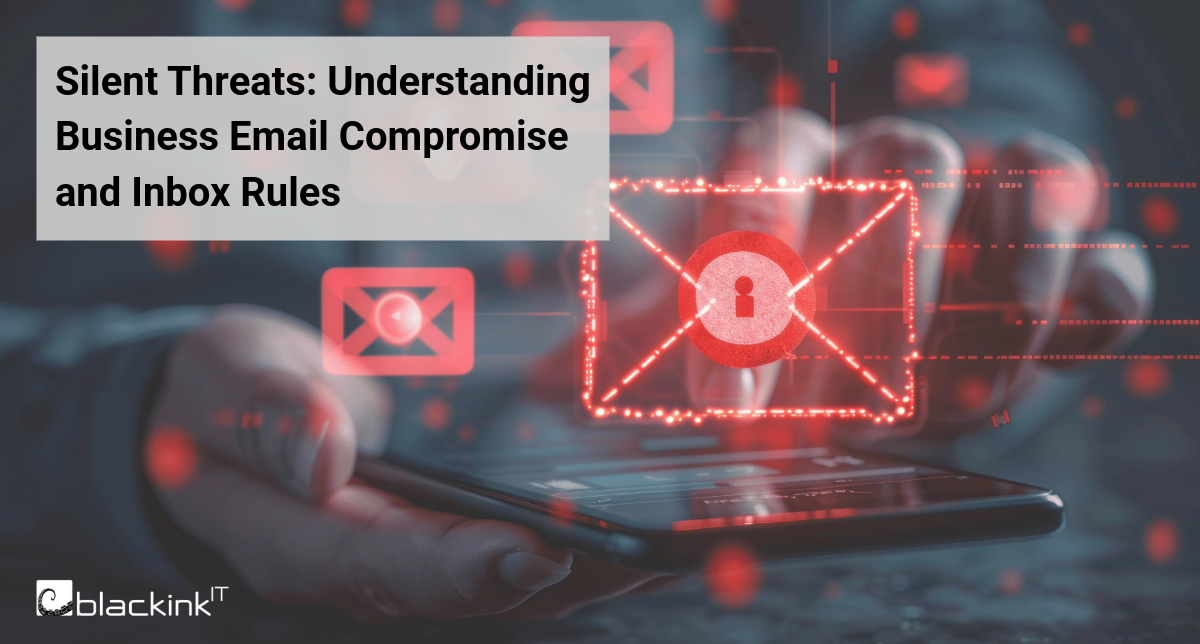In a fully virtual or hybrid work environment, there are some aspects of company culture that have changed. Because we may no longer see coworkers in person every day, companies must be intentional about building community. We recently talked with President and CEO of ULEAD and company culture expert Ritch Hochstetler about strategies to build a strong company culture in2021.
Recreating the Lunch Table
With many companies conducting business virtually, some aspects of human connection are lost. One of the groups Ritch worked with during an outdoor training session described this as missing the lunch table.
"That's where the emotional support and the stories and the sharing of ideas normally happened," he explained. "That was crucial to their social and emotional wellbeing, to their connection as a team, and to resourcing one another. They need to recreate the table in this virtual world."
We've all noticed with this increased virtual world that we need to be more intentional in creating human connection. In order to build a strong company culture, Ritch discusses three words to keep in mind: interaction, cooperation, and trust.
Interaction
When working virtually, some aspects of work have become much more independent and task oriented. Because coworkers are not all in the same place, there is less impulsive collaboration.
"The spontaneity, the creativity kind of things that happen when people are together are not happening in the same way," Ritch discussed.
One way of trying to recreate that spontaneity could be using some of the features on your video conferencing devices. For example, Microsoft Teams has a whiteboard setting that’s perfect for brainstorming and visualizing everyone’s creative ideas.

This doesn't just relate to work topics. The support, the small talk, the shared laughter is all part of the lunch table that we are longing to get back to. This means that in anything from staff meetings to one-one-one check ins, you need to be more intentional about building comradery. Certain features on Teams, like Icebreaker, can also help people be more intentional about getting to know their coworkers. The technology we have is a great advantage to companies, but it's up to us to use it in a meaningful way to continue building a supportive company culture.
Cooperation
We've all felt burned out after a full day of video meetings. It's important to understand that a 90-minute virtual staff meeting needs to be organized differently compared to in-person meetings. Cooperating with employees about having intentional brain breaks, which occur more naturally in person, can keep people from feeling worn out.
Everyone in your company is working towards the same goal and want to feel connected with each other. Good companies communicate with employees to realize when people are feeling burned out and put in the effort to try different techniques to promote comradery. For example, implementing one-on-one check-ins or starting staff meetings with creative teambuilding exercises to build unity within your team.
Cooperation of new intentional practices requires dedication. Having a strategy for creating culture in a remote environment might involve making some adjustments. As Ritch describes, it's like practicing design thinking on the human factor of collaboration.
"The companies that are doing this well are entering into it, however awkward it seems, and they're committed to stay the course," he explains. "It's like 'we're going to try this for three months, and we'll change as we go, but we're committed to making this happen.'" An example is giving priority time at the beginning of team meetings for conversations and activities that build relationships and cohesion. It’s a commitment to connection before content
With constantly updating technology, there are many ways to work with each other to make the most of the virtual environment. Some recent updates to Teams include the addition of breakout rooms for intimate collaboration, and together mode, where participants can be placed in a virtual auditorium or coffee shop setting to build a sense of community. The goal is to create consistency among these changes and not to give up the first time... it will be awkward at first—embrace it!
Companies who understand when certain techniques for meaningful interaction aren't working will put in the work to make it better. This show cooperation in creating a good company culture and dedication to bringing the lunch table back in a virtual world.
Trust
Trusting your employees to get work done is important for building strong company culture. Having the right tools to collaborate with is one way to build employees up for success. Being able to manage files on Teams can give accountability and freedom to collaborate on projects, as well as help build trust in your teammates’ capabilities.
While having the right tools is important, there is a change in how companies initially thought to improve productivity in a virtual environment. What people have found is that improved productivity comes from intentional communication.
"There search shows that more than intelligence, more than goal setting, more than strategy, the power of ideas shared in the network of people is the biggest win to your productivity," Ritch said. "Try different things to get people to weight in and create that kind of spontaneity. Don't just have it be task and information flow, there's so many tools with the technology that we can use."
Building a culture that is focused on intentionality and caring for each other is what will build trust in your company. Building the lunch table in a virtual world could be the kind of bonding experience that would bring people together. And the greater connection you can have among your team, the easier it will be to form a strong company culture.
ULEAD is dedicated to team building and leadership development and has creative ideas for how to build cohesive teams. From physical and virtual cards for team-building activities, to active workshops with your coworkers, ULEAD uses many researched techniques to improve communication and productivity. Learn more about its mission at https://uleadinc.org/.



.png)


